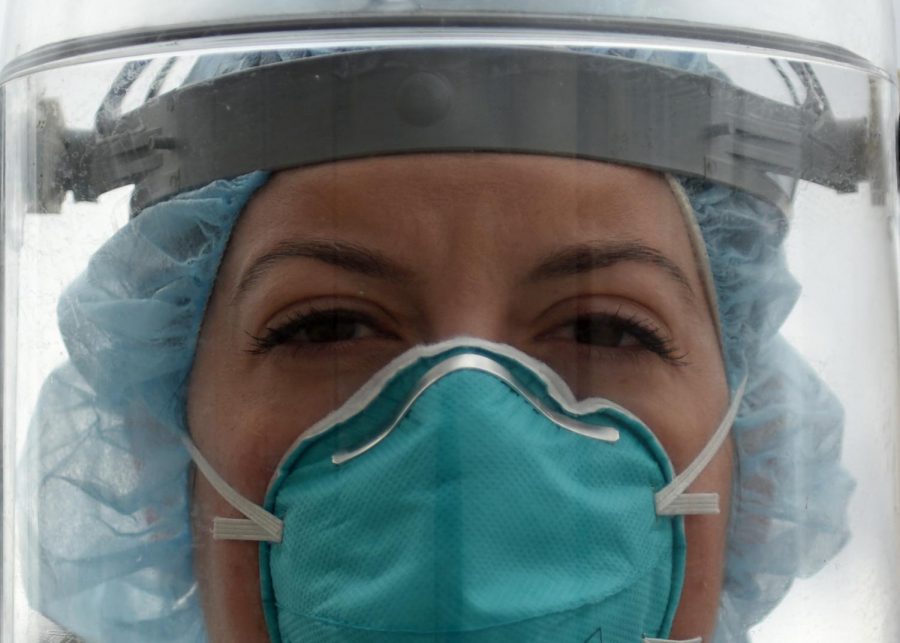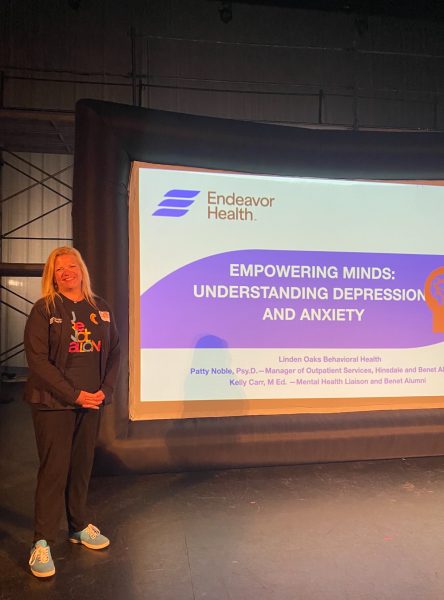A Moral Dilemma
Right now, doctors and nurses are doing everything possible to help fight Covid-19. Their lives have been changed in drastic ways, but there are also many others who have been impacted as well. Many people have been working from home, are temporarily unemployed, or have been permanently put out of work. Healthcare workers who are not first responders have two choices. The first option for many is to self quarantine for two weeks and then practice social distancing which has been advised for the entire country. The second, being the more difficult decision, is whether they should treat patients with Covid-19. This choice comes along with the knowledge that first responders are already facing a shortage of protective gear, so their volunteering would be putting themselves at risk. This choice brings up many difficult questions for healthcare workers all around the country and for the citizens of the United States.
Should those in healthcare who are not first responders volunteer to help fight Covid-19?
If they decide to do so, how would this impact their current lives?
How is the shortage of protective gear impacting healthcare professionals and should others really be expected to volunteer in these conditions?
Whether or not healthcare professionals decide to volunteer to help treat Covid-19, the facts of the situation do not change. This is not what many healthcare professionals signed up for, so many feel as if they do not need to volunteer to treat the virus. On the other hand, when in school for their profession, many swore to treat humanity throughout their entire lives. This moral dilemma is only part of the battle healthcare workers are facing right now. On top of this, if they do decide to volunteer, their lives will be drastically changed for weeks, maybe even months. Being forced to self quarantine when returning from work is extremely hard, especially if the worker has a family at home. Watching patients suffer every day is traumatic enough, but returning home and not being able to see one’s family would make the situation unbearable.
For example, in New York healthcare workers are staying at hotels instead of returning home each day and putting their loved ones at risk. There is an especially high demand for nurses in New York, and the NuWest staffing agency is providing an incentive for these nurses. This agency specifically is offering up to $10,000 a week for nurses plus other bonuses if they have other expenses. Other nursing agencies have been offering anywhere from $6,000-$7,000 per week in New York, but this does not compensate for what these nurses have been going through. To some, this may seem like an acceptable salary for what these nurses have been going through, but these are not the same benefits nurses are being offered all over the country. In Detroit, an area that is under similar hazardous conditions as New York, nurses are being paid less than half as much as nurses in New York are being paid. There is also an extremely high demand for nurses in Detroit, but they are not treated the same as nurses in New York. Nurses that belong to the Henry Ford Health System in Detroit have reported being offered less than $2,000 per week for working in very similar conditions as New York nurses. Over 700 of the workers from the Henry Ford Health System have already gotten sick, but they are still not being offered any higher wages for working in these terrible conditions. These workers have been under extremely difficult conditions: twelve hour long work days, being ill prepared with protective gear, etc. These nurses are risking their lives every day to treat those who are suffering, all while suffering themselves. A shortage of proper masks has led to workers reusing masks that are not meant to be. Masks and ventilators are the most needed things for hospitals right now, yet workers are unable to obtain these necessary supplies. The wage difference between nurses working in New York City, a place that is highly talked about in the media, and in Detroit, a place less commonly spoken of, is unacceptable. These nurses are experiencing the same conditions: treating a highly infectious virus, working long hours, and having a shortage of supplies. Yet even though resources are low and conditions are difficult, healthcare workers all over the country are still risking their lives each day to treat the infected.
So, even though much of the United States is stuck inside of their homes right now, we must realize that not everybody is in this position. Nurses in different parts of the country are being treated and paid differently, but they are still risking their lives every day. The awful conditions healthcare workers are in right now should serve as a reminder to us to think of those who are out fighting this global pandemic. In these unprecedented times, society must come together and do everything possible to make the lives of those suffering and those treating the virus much easier.
Sources:
Guarino, Ben. “Nurses, doctors take extreme precautions to avoid infecting family members.” Washington Post, 16 April, 2020.
Young, Katie. “Need for Nurses Is Driving Record Pay as Coronavirus Nears Its Peak.” CNBC, CNBC, 2 April, 2020.
Wells, Kate. “New York Is Offering Nurses up to $7K a Week. Michigan Is Offering Way Less.” Michigan Radio, 8 April, 2020.












